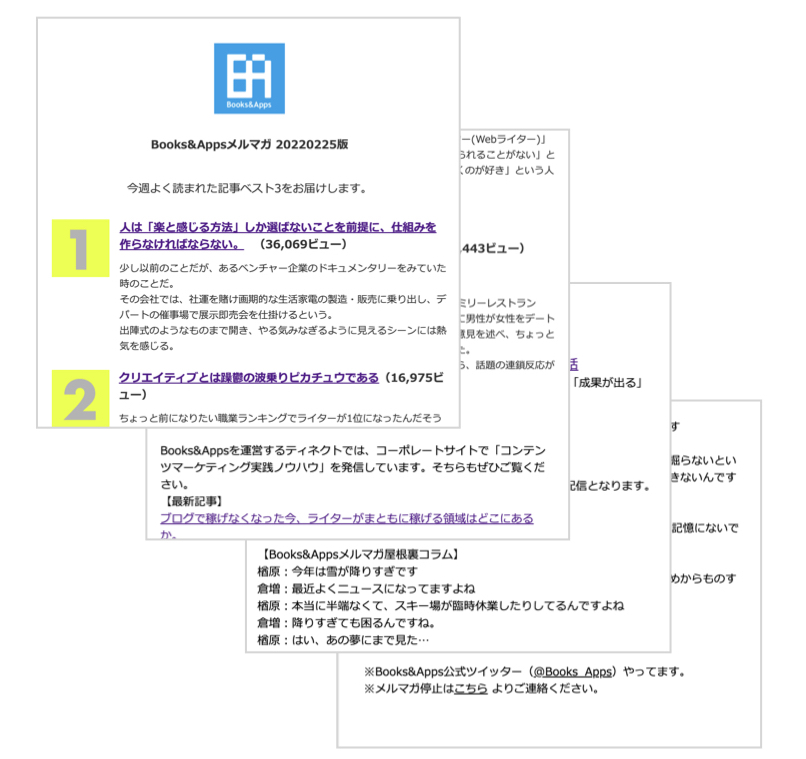For a long time, I have always thought how articulately he/she can express him/herself really varies. Is it because of a gift or a result of training? At first, I could not figure out why, but I have come to a conclusion that the difference lie in his/her thoughtfulness.
A number of seminars to lecture on how to speak well are available these days, but I personally believe the ultimate key is not a technique to speak but whether you can LISTEN to yourself as you SPEAK”. With this in mind, I would like to raise eight useful tips to speak articulately.
8 tips to speak articulately
- Tell the result first
Ex.) When asked, “How did today’s meeting go?”
Articulate speakers would start with the result such as “It went well” or “The meeting was not successful”.
On the other hand, not-articulate speakers would answer, “First, we began discussing on subject —, and Mr.A said —…. And then, Mr.B said ….”
Unless you are describing a story of a novel or a movie, you don’t have to explain from the beginning to the end with every detail. Tell the result first.
- Avoid ambiguity. Be specific.
Ex.) When asked, “How do you prioritize your tasks?”
Articulate speakers would answer, “Firstly, I will make a list of my tasks with each deadline. And then, I will divide them into three groups: Group “most important” (Number 1), Group “important” (Number 2), and Group “not so important” (Number 3). Finally, I will multiply the number of days left until the deadline for each task by the number of the group the task belongs to. The result of the equation shows how much important the task is. The bigger number a task has as a result of the equation, the higher priority the task has.” Like this, their answer is very clear.
Non-articulate speakers would answer, “I will work on urgent tasks and prioritize important ones.” Although they say “urgent” or “important”, the listeners never know why they regard the task as urgent or important.
Avoid being too general. Be specific.
- Give answers to what you are asked
Ex.) When asked, “What company did you visit today?”
Articulate speakers would simply answer, “I visited company A, B and C.”
Non-articulate speakers would start explaining, “Company A looked really interested in our project, so I felt the project with them was promising. Next, I visited Company B, but the person in charge of our project was out of office, so they gave me his private number, and then I was able to talk with him. And…” Adding extra information, non-articulate speakers talk long about what is not being asked. To enjoy a conversation, this is good. But if you need to be clear and brief, just give the listener what he/she wants to know. When you are certain about what the listener needs to know, you could add some details as extra information.
- Carefully choose the words you use
Articulate speakers would stop using technical terms and start using more accessible expressions instead if they felt the listener doesn’t know those terms in the middle of the conversation. If articulate speakers find the listener is familiar with the topic, they would not hesitate to use terms in the field. In short, articulate speakers adjust to the listener’s level of knowledge, experience, interest etc.
On the other hand, non-articulate speakers would not change the expressions they use for the topic no matter what kind of listener they are talking to. Since this is a matter of communication, you should be more careful besides word choices. As you speak, carefully examine the reaction of the listener and try to find words and expressions that work for him/her.
- Start with the outline, not the details
Ex.) When teach a beginner how to play SHOGI, a board game known as Japanese chess.
Articulate speakers would first tell the beginner the most primary rule, saying, “Shogi is a two-player strategy board game and a player will win when he/she gets the king of the other player by controlling pieces.” Then, they will move to smaller rules such as the kinds of pieces, how to set the pieces at the beginning of the game, how to move the pieces, how to take the pieces, how to use the pieces you have obtained, etc… The key here is their explanation will flow from general rules to specific details. .
Non-articulate speakers would abruptly start with complicated rules or passionately talk about strategies for high-level players. Even adding explanations about penalties, they just keep confusing the beginner.
As we naturally try to grasp the whole picture first and gradually expand our view to smaller details, an easy-to-understand explanation should develop in the same way.
Start with the outline and develop the story little by little.
- Make sure the listener is following you
Ex.) When explain what the internet is to an elementary school student
Articulate speakers would first ask a child, “Do you know what a computer is?” And then, they expect answers such as “the flat one my father has!”, “the keyboard-equipped machine in my school!” or “my smartphone!” from the child. Next, they would say, “You exchange emails, right? That is because computers are connected to each other.” Finally, they would say, “That is the internet. What connects computers is called the internet” to the child.
Non-articulate speakers would just tell a child that the internet is what connects computers. Without paying attention to how fast or slow the child comprehends what you are telling him/her, they keep talking and talking. They never ask the child, “Are you with me?” As a result, the child has to try to grasp many things at the same time, making it extremely difficult for him/her to follow the story.
Adjust your pace to the listener while you speak.
- Refrain from using pronouns
Ex.) When asking someone to hand your application form to the director
Articulate speakers would clearly tell a person to hand an application to the director.
Non-articulate speakers would say, “Can you hand this to him?” Unless the person knows well about what you are talking about, he/she has no idea what you are telling him/her to do.
Pronouns are convenient, but avoid using them as much as possible if you want to speak articulately.
- Stick to the topic
Ex.) When discussing how to delegate tasks to solve a systematic problem
Articulate speakers would move to the next subject after completing a discussion on one subject.
On the other hand, non-articulate speakers would interrupt a discussion on how to delegate tasks for a project by abruptly bringing up another subject that should be discussed after allocating the tasks.
If you digress, you need to get back on an original point, which is exhausting both for you and your listener. Complete one topic and then start the next one.
Author’s Facebook accout : https://www.facebook.com/yuya.adachi.58 (Except spam account, to approve anyone.)







